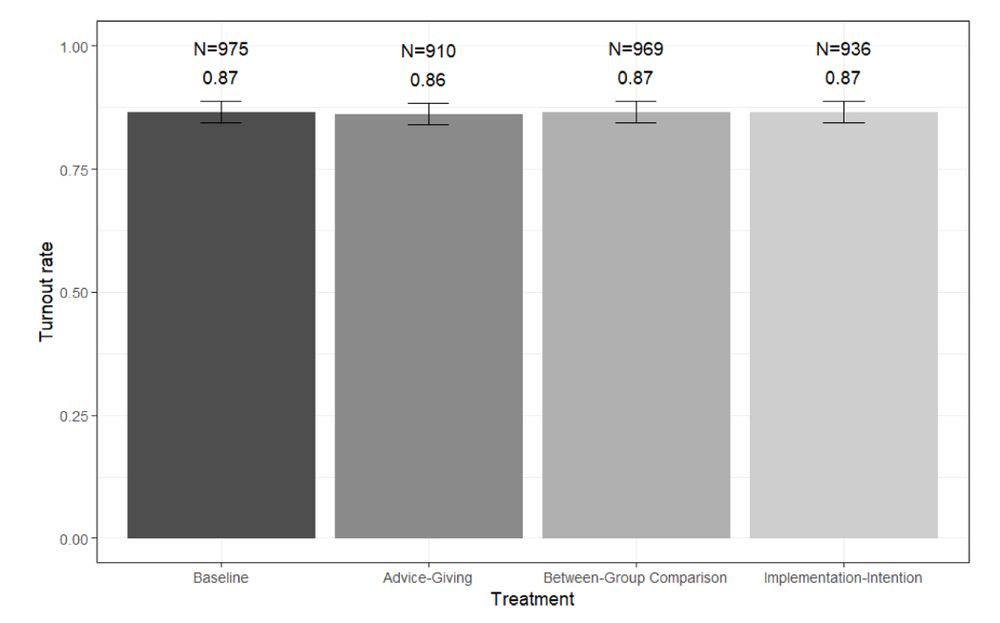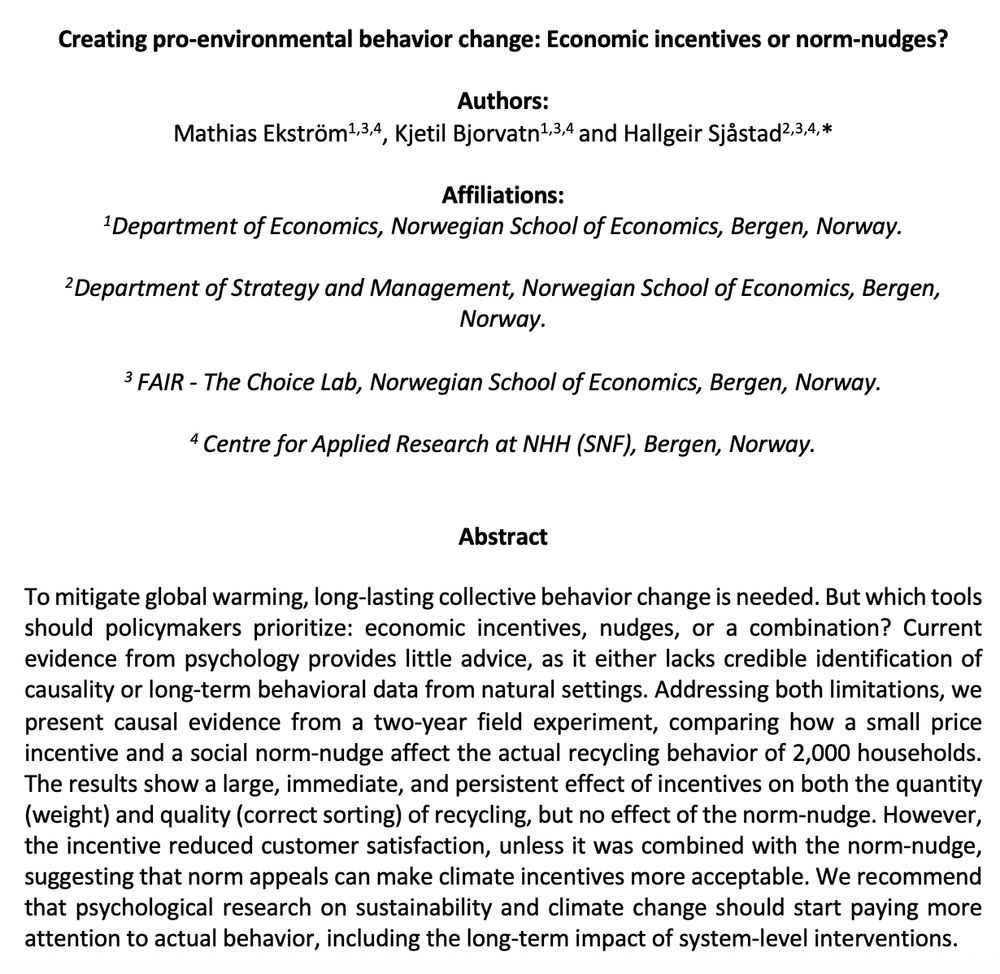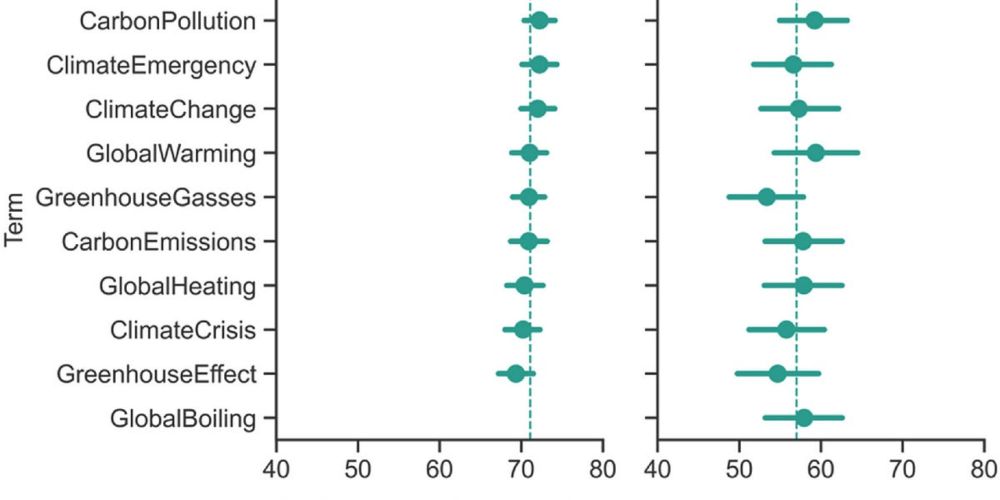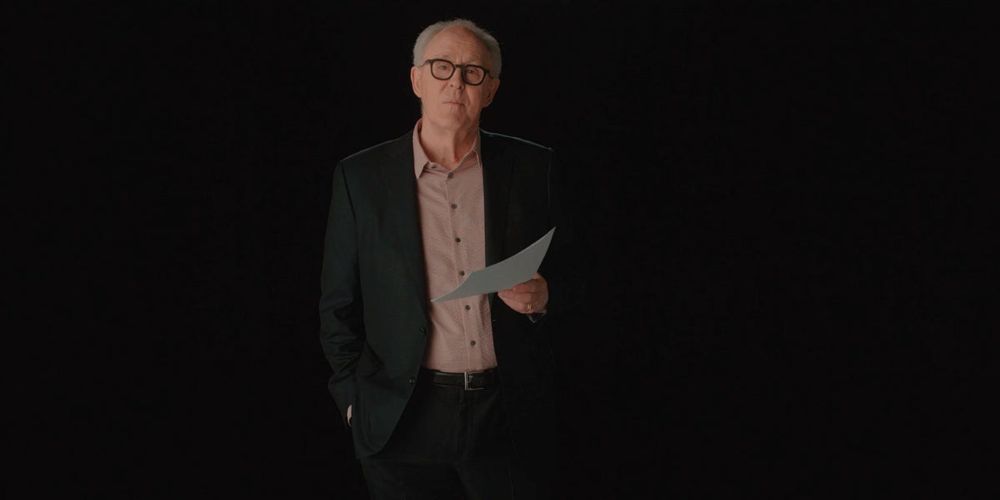Hallgeir Sjåstad
@hallgeirsjastad.bsky.social
1.8K followers
530 following
130 posts
Professor of Psychology & Leadership at Norwegian School of Economics (NHH). I study decision-making, social life, and how people think about the future.
Homepage: https://sites.google.com/view/hallgeir-sjastad/home
Posts
Media
Videos
Starter Packs
Reposted by Hallgeir Sjåstad
Reposted by Hallgeir Sjåstad
Reposted by Hallgeir Sjåstad
Reposted by Hallgeir Sjåstad


























